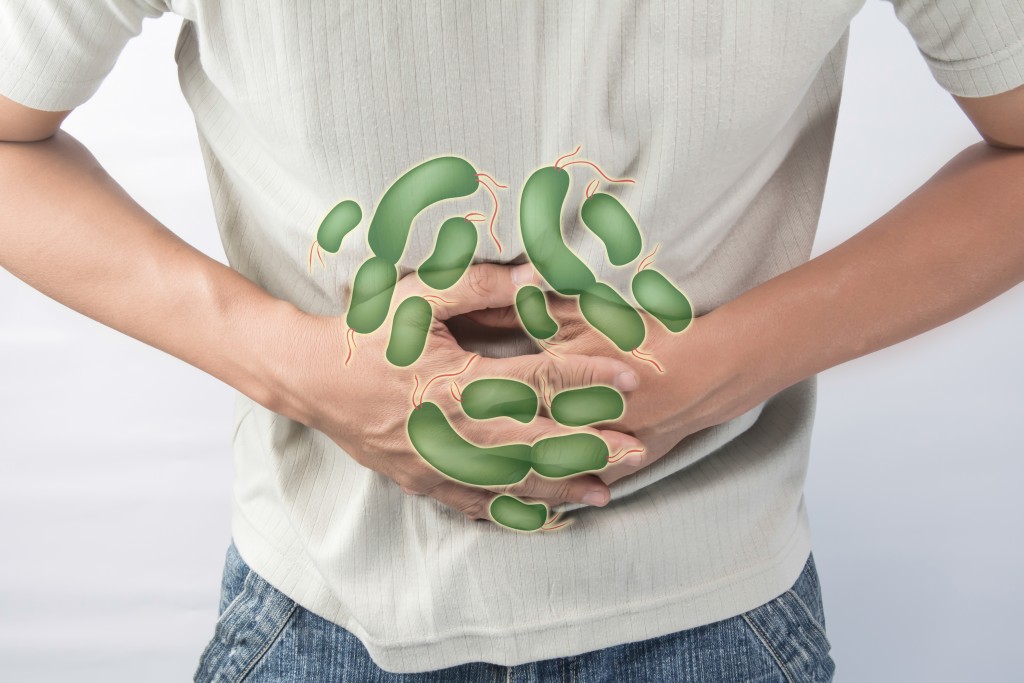If you haven’t noticed, most appliances at home are designed to store food and cook food. Naturally, eating food that’s not cooked or already passed its shelf life can lead to health complications, especially food poisoning.
Most of the time, pathogens are transmitted through different forms of contact. Most types of disease-causing microbes will travel through the air, water, and transmission of bodily fluids. However, some pathogens use food as a means of spreading. Compared to other types of illnesses, those that come from food are quite serious.
Frequently, people who suffer from food poisoning tend to have been rushed to hospitals and given special treatment since these types of illnesses can cause widespread damage to different parts of the body. Naturally, these diseases could prove to be even more severe among older individuals; in more extreme cases, this could lead to death if left untreated.
Since food poisoning is a clear and present danger among old adults and just about anyone, it’s only logical to handle and prepare food properly to mitigate foodborne illnesses from manifesting.
What Causes Food Poisoning?
As the name suggests, food poisoning usually happens when food sources are contaminated with disease-causing bacteria or viruses. Most notably, these conditions are generally caused by the improper handling of food, storage problems, not applying preservatives, and food undercooked. Food that is already passed its shelf life can also cause food poisoning.
It’s crucial that once the food has been deemed contaminated, it should be disposed of as soon as possible.
What Are the Effects of Food Poisoning?
Since each one of us has a unique biochemistry, the effects and symptoms of food poisoning for each individual can vary. For most elderly folks and children, food poisoning is higher since elderly individuals will have a weaker immune system, and younger people will still have an underdeveloped immune system.
However, food poisoning can also have typical symptoms, which is widely seen in various individuals. Here are some of the symptoms:
- Pain in abdominal muscles and an upset stomach
- Aching body and fever
- Hyperacidity and vomiting
- Inability to concentrate and nausea
- Diarrhea
Elderly individuals will also have a problem with some of their senses. Since bacteria and amoebas usually cause food poisoning, some can affect vision and smell, primarily when they spread towards other systems. ;
Most of the time, bacterial infections can lead to several health complications among older adults. One of these complications is the Meibomian Gland Dysfunction in the eyes, which is a surprisingly common condition for younger adults. As such, it’s essential to get our eyes checked by vetted professionals. MGD treatment is an excellent way of treating such conditions.
Nevertheless, it’s essential to take these symptoms seriously. Individuals with pre-existing conditions or immuno-compromised can become critical if left unattended with food poisoning.
Preventive Measures

The best way of treating food poisoning is by preventing it from happening in the first place. Fortunately, there are many methods that you can do at home that can lower any risk of food poisoning.
- Cook food thoroughly with the right temperature. During the cooking process, most pathogens are destroyed, which can make food safe to it.
- Certain types of meat will need to be cooked longer than others. Chicken and fish have softer skin, which means that cooking is shorter. Beef will need to be adequately cooked since it has thicker skin.
- If you are cooking seafood, be sure that they are fresh. The decomposition process of certain seafood can be rapid, which can cause toxins to form. In some cases, microbes within these types of seafood can quickly reproduce if the host organism dies. Cooking at the right temperature can also kill parasites.
- Refrigerating food and storing them can slow down the decomposition process.
- Food that has thawed should not be refrigerated again.
- Clean utensils before and after eating.
- Wash your hands regularly.
- Raw meat and vegetables should be segregated when preparing food. Cross-contamination can happen if you are using the same chopping board.
- Wash fruits, vegetables, and meat with flowing water.
Overall, preparing food for elderly individuals is as easy as adequately cooking and storing food. It’s important to note that certain types of meat will need to be cooked for a longer time. Still, food preparation is paramount in ensuring that family members and visitors do get complications.
There are different tell-tale signs of food spoilage: molds, bad smell, and even bad taste. When in doubt, you should dispose of the food as soon as possible. That will help avoid any person from accidentally ingesting poisonous food.






